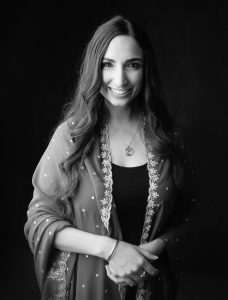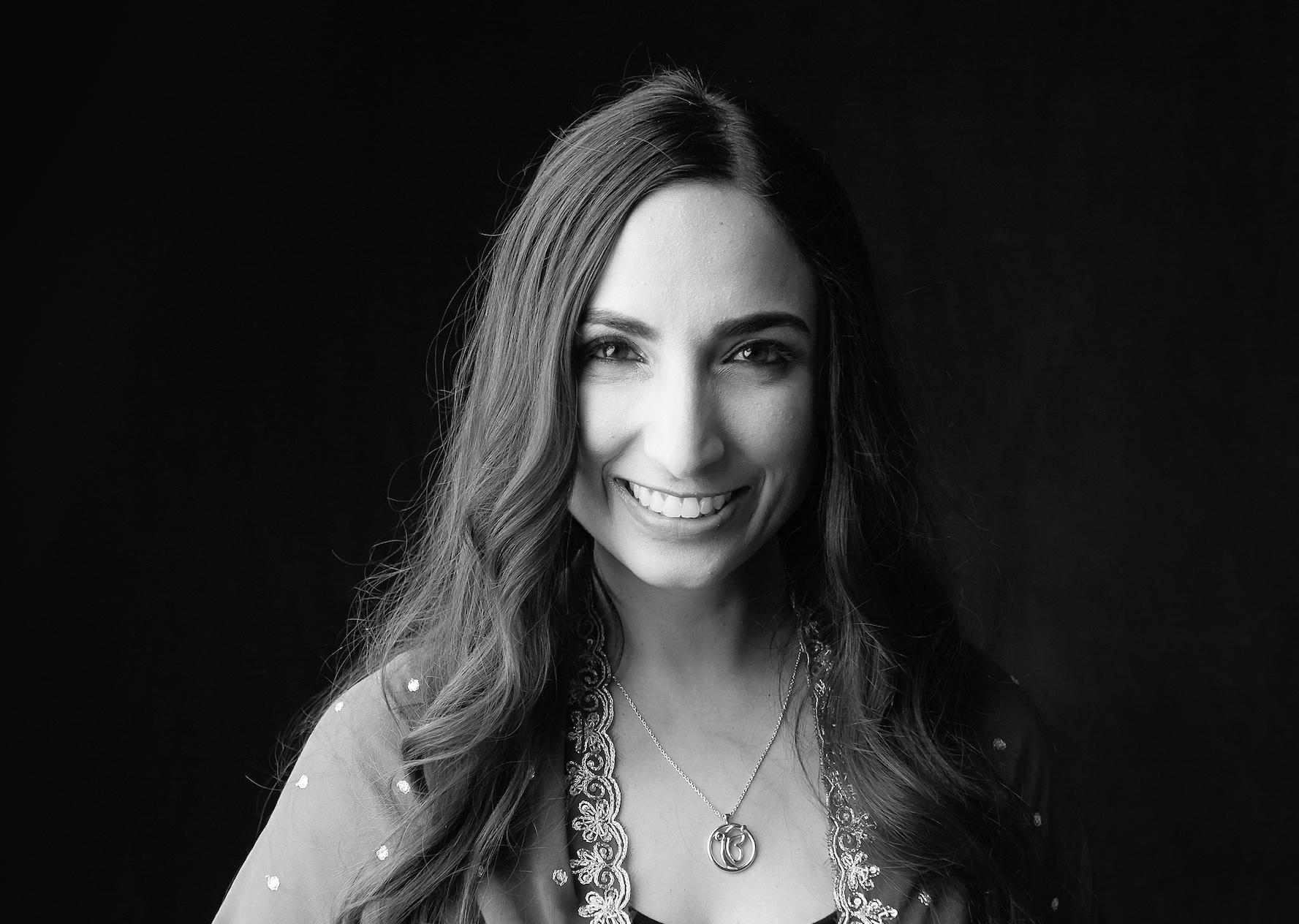First, place your feet on the ground. Notice how it feels to have the Earth holding you up instead of your body. Second, notice your surroundings. Inhale and exhale deeply. Third, summon a person in your life, alive or gone, who has taught you what love is. For Valarie Kaur, her grandfather is who she calls upon.
During her keynote address to students on November 9, 2021, Kaur asked students to do those three actions before she told her own story of becoming a renowned civil rights leader, Sikh American activist, lawyer, award-winning filmmaker and author of “See No Stranger: A Memoir and Manifesto of Revolutionary Love.”
Kaur’s concept of revolutionary love took hold in her life after 9/11. Family friend Balbir Singh Sodhi was the first Sikh American to die from a hate crime after the terror attacks. According to the FBI, hate crimes against Sikh and Muslim Americans increased by 1700% in the year after 9/11.
With the world heating up around her, Kaur’s memories of her grandfather singing and reciting religious scripture-like poetry anchored her. He told her the story of Guru Nanak, the founder of Sikhism, and how he said to strangers, “You are a part of me that I do not yet know.”
In a time of rage and unrest, Kaur took this message in hand and chose to see love as a force that can birth a new nation freed from rage.
Kaur was 20 years old when she decided to leave college and travel across the country documenting the experiences of Sikh and Muslim Americans which lead to her first documentary, “Divided We Fall: Americans after the Attacks.”
Kaur asked in her 2016 Night Watch address, “What if this is not the darkness of the tomb but the darkness of the womb?”

Kaur believes this nation is one yet to be born, still wading in the darkness of the womb. Revolutionary love, therefore, is the method of labor that will bring this nation forth.
“Love is sweet labor. Fierce, bloody, imperfect, yet it’s a choice we make again and again,” Kaur said.
Kaur is also the founder of the Revolutionary Love Project, a nonprofit organization that provides tools and resources that focus on reclaiming love as a call for justice. The love compass is a tool that can be used to practice revolutionary love for others, opponents, and for the self. Depending on who the compass points to, the compass gives three steps to follow the path of revolutionary love.
“If love is labor, then love can be taught, modeled and practiced,” Kaur said.
“We are lucky to have had Valarie come visit us because she is someone who has been so transformed by her own faith and so motivated to influence the affairs of the world. She has offered some real steps and strategies for others who want to do the same,” said professor Anne Mocko, mediator of the evening and Interfaith leader on campus.
The Interfaith Studies at Concordia is a program that cultivates religious and global literacy through community engagement and interpersonal skills building. The Interfaith Scholar Fellowship allows excelled students to practice interfaith work through an internship, participate in local activism and organize training or learning sessions.
“An interfaith scholar acts as an advocate for interfaith work on campus and in the broader F-M community,” said Nick McGinley, one of the four current Interfaith Scholars on campus. Madi Hagen, Avyan Mejdeen and Sharon Mac-george Nwabia are the other three scholars at Concordia.
Kaur was one of the first speakers of the “Forum on Faith and Life: Signature Speakers series” facilitated by Mocko and the interfaith scholars.
“There are a lot of ways that colleges are unique, because we get to bring in a new group of students every year and guide and shape their experience of being a part of this community,” Mocko said. “College is really a perfect, transformative space to try to teach listening, compassion and generosity skills that Valarie has to teach.”
Sophomore Devin O’Harra attended Kaur’s speech and agrees that her idea of revolutionary love could be influential in creating a more just world.
“We should be more understanding of others and the way that they live because everyone comes from different experiences and different thoughts. We should make our decisions based on love and always be welcoming and open-minded,” O’Harra said.
While practicing revolutionary love may seem too difficult or out of touch, Kaur proved to the audience it can be as simple as placing your feet on the ground, summoning an ancestor and using that love to make a change within yourself and in others.

